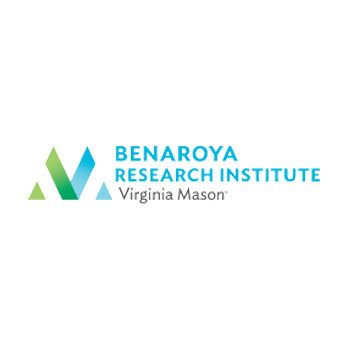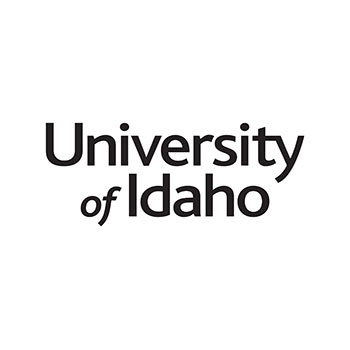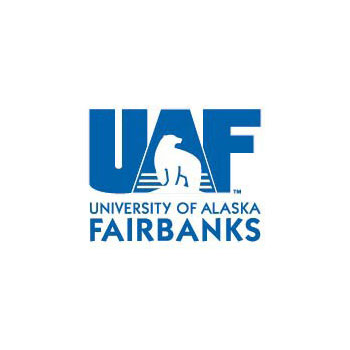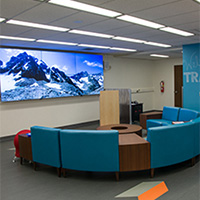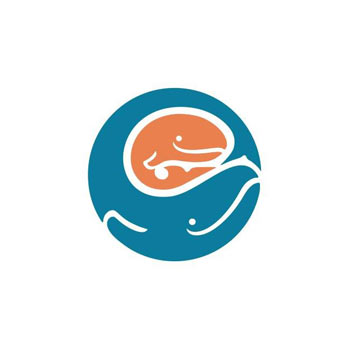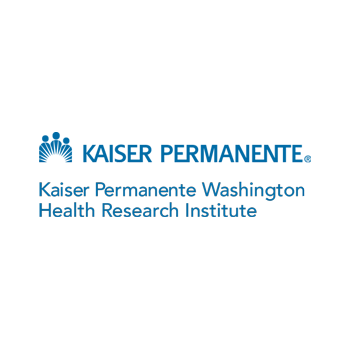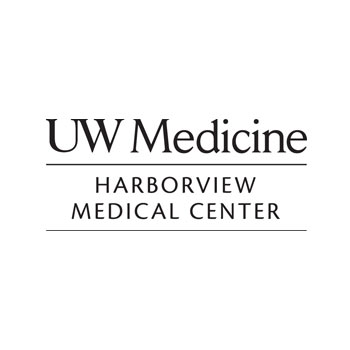Bioinformatics, Fred Hutchinson Cancer Center
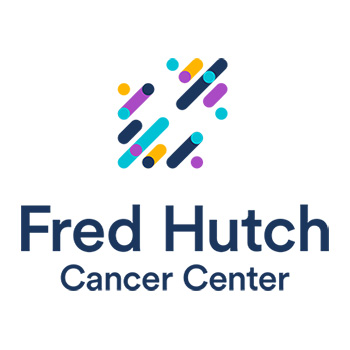
Fred Hutch Cancer Center, Thomas Building DE-740
1100 Fairview Avenue North
Seattle
Washington
98109
US
The Bioinformatics Resource (formerly the Computational Biology Resource) is comprised of staff who can assist researchers with the genomics and proteomics data analysis support. The Bioinformatics Shared Resource is staffed by 3 dedicated bioinformatics specialists and a database developer/programmer.
In an effort to assist researchers with exploring and understanding genomics and proteomics data, bioinformatics support is offered to researchers through two different service models:
- Users of the Genomics or Proteomics Shared Resources. Basic analytical support is provided to assist researchers with data generated in either facility. In such cases, up to 4 hours of bioinformatics support is provided free-of-charge. Examples of deliverables are provided below based on the type of assay performed. Additional support is provided for a fee using an hourly rate structure, and is subject to staff availability.
- Externally Generated Data. While priority is given to those using the Fred Hutch Genomics and Proteomics Shared Resources to generate data, support is sometimes available to researchers with their own data sets or with data found in publically accessible repositories. In this case, support is provided solely on a fee-for-service basis using an hourly rate structure. Support is subject to staff availability and project demands. Please email bioinformatics@fredhutch.org to discuss the scope of your project and to get an estimate of service fees.
Examples of Deliverables Supported by the Fred Hutch Bioinformatics Group:
- RNA-seq
- Filter low quality reads and align to reference genome using TopHat
Generate QC reports: FastQC and RNA-SeQC
Associate reads at the gene-level using HTSeq-count
Detect differential genes using the Bioconductor package edgeR
Whole Exome Sequencing (WGS) - QC report on all samples submitted (FastQC)
Alignment using BWA to reference sequence
Analysis-ready bam files based on Board GATK best practice
Coverage statistics
Annotated variant report of SNVs and small Indels in VCF format
Somatic point mutation using MuTect if paired samples
ChIP-seq - QC, align resulting FASTQ files with BWA (or other suitable aligner)
Identify binding sites with Model-based Analysis for ChIP-Seq (MACS)
Peak and summit locations in BED-format files.
Proteomics Standard Deliverables
Proteome Discoverer is utilized for processing qualitative and quantitative proteomics data collected on ThermoScientific mass spectrometers. The standard deliverables are:
- Protein identification
- Protein quantitation
- Protein modification analysis
- Pathway analysis
Center Director(s)
Jeff Delrow, PhD
Available to
Anyone
Resource Type
Core Laboratory
Institution
Fred Hutchinson Cancer Center
Cell Function Analysis Core, Diabetes Research Center, 1660 S Columbian Way, Seattle, WA 98108
VA Laboratory, Building 13, VA Puget Sound Health Care System, 1660 S. Colombian Way, Seattle, WA 98108
Human Studies Core, VA Puget Sound Health Care System, 1660 S. Colombian Way, Seattle, WA 98108
IIC, UW SLU, 815 Mercer Seattle, WA 98109
Environmental Engineering Analytical Center, Civil and Environmental Engineering, 201 More Hall, Seattle, WA 98195
Environmental Health Laboratory & Trace Organics Analysis Center, UW, 1959 NE Pacific St, Seattle, WA 98195
Department of Environmental and Occupational Health Sciences, 4225 Roosevelt Way NE, Suite 100, Seattle, WA 98105
Friday Harbor Laboratories, Ocean Acidification Environmental Lab, University Road, Friday Harbor, WA 98250
Flow Cytometry Analysis, University of Washington, Flow Cytometry Core Facility, Health Sciences Building H-581, 1959 NE Pacific St, Seattle, WA 98195
Flow Cytometry Core Facility, Seattle Children's, 1900 9th Ave, Seattle, WA 98101
Flow Cytometry Core Facility, Benaroya Research Institute, 1201 Ninth Avenue, Seattle, WA 98101
Fluorescence Cytometry Core, CEHS University of Montana, 32 Campus Drive, Missoula, MT 59812
Fluorescent Microsphere Resource Center, University of Washington Division of Pulmonary Care Medicine, 1959 NE Pacific St, Seattle, WA, 98195
University of Washington SBRP, Department of Environmental Health, Seattle, WA 98195
Gene and Cell Therapy Lab, University of Washington Medical Center, 1959 NE Pacific St, Seattle, WA, 98195
(206) 616-4121(206) 616-4121
Genome Resource Center, Benaroya Research Institute, 1201 9th Ave, Seattle, WA 98101
Kaiser Permanente Washington Health Research Institute, 1730 Minor Ave, Suite 1600, Seattle, WA 98101
(206) 287-2900(206) 287-2900
Harborview Injury Prevention & Research Center, Patricia Bracelin Steel Memorial Building, 401 Broadway, 4th Floor, Seattle, WA 98122
Harborview Medical Center, 352 Ninth Ave., Seattle, WA, 98104
(206) 744-3000(206) 744-3000




